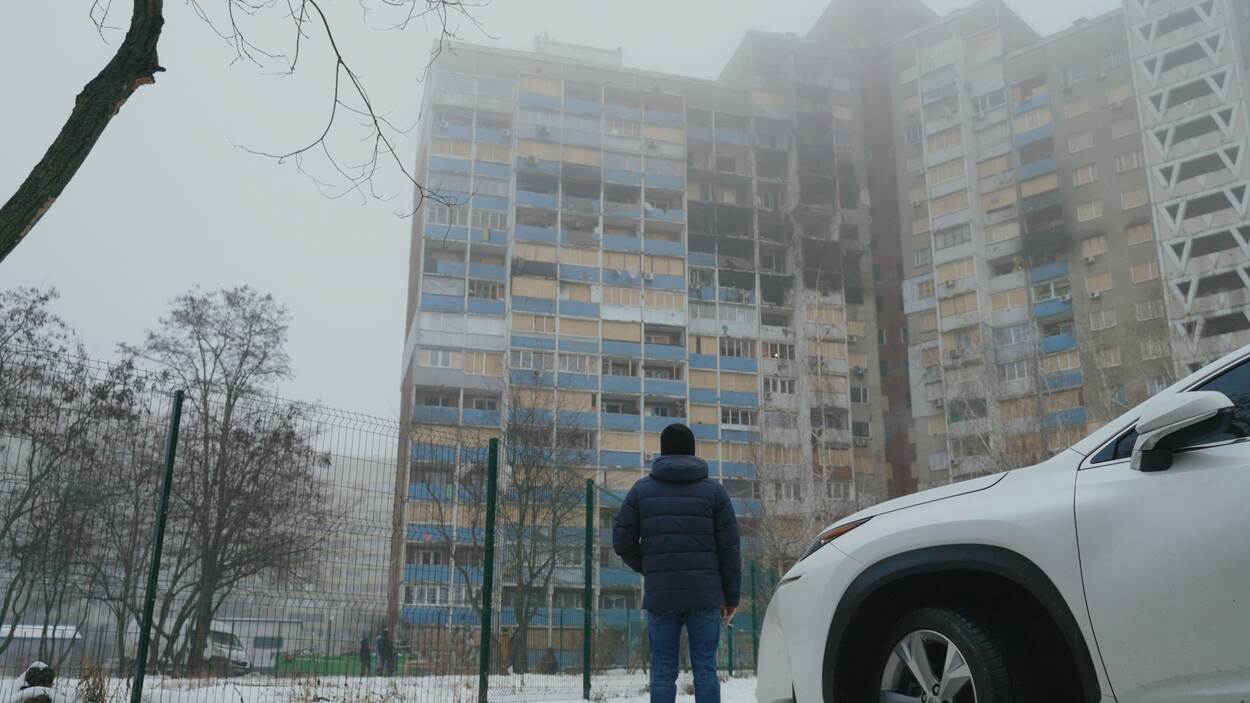Dutch government presents a coordinated strategy to tackle corruption
The Netherlands cannot afford to be naive in tackling corruption, as criminal organisations depend on corruption to operate. By pressuring or bribing individuals, they gain access to valuable information and can influence and manipulate processes. For this reason, the Minister of Justice and Security and the Minister of the Interior and Kingdom Relations are presenting a government-wide, anti-corruption strategy, as announced in the coalition programme, which builds on existing initiatives that have already delivered proven results. This means that authorities, implementing organisations and businesses in high-risk sectors – such as transport and logistics – will identify and take active steps in relation to their vulnerable business processes and roles. The government is committed to preventing corruption at every level, both in the public and private sectors.
Minister Van Weel of Justice and Security: ‘Criminals are often after information, data, access to a market or a means to launder money. To achieve that, they need inside help. So they recruit staff – and not in a subtle way. Everyone in a business or organisation needs protection against this. From the municipal officer who issues passports to the port worker checking containers or the haulage company exporting goods. This strategy pushes criminals out and tackles corruption and criminal subversion head-on.’
Minister Uitermark of the Interior and Kingdom Relations: ‘Fighting corruption is an essential pillar to strengthen the resilience and integrity of public administration. Trust in our government depends on our ability to shield our civil servants and administrators from criminal influence. This anti-corruption strategy must contribute to a safer working environment and, by extension, to a safer society.’
The strategy includes measures, such as designing processes to make it increasingly difficult to ‘do a job for a criminal’, act unethically or commit corruption offences. At flower auctions, for example, drug detection dogs are deployed at unpredictable times to deter drug traffickers from using staff to smuggle drugs through flower shipments. These dogs not only help detect drugs but also empower staff to adopt a firmer position when approached by criminals. Other measures include tighter authorisation controls for IT systems, greatly reducing the risk of access and limiting leaks of information to criminals.
The Research and Documentation Centre (WODC) is examining where the greatest corruption risks exist in the Netherlands and assessing whether current practices are adequately aligned. The findings are expected early next year. In the meantime, the government is moving ahead with specific processes and sectors whose importance to national security and the economy is so great that we must address them decisively. These at least include central government operations, the issue of travel and identity documents, the resilience of local government officials, and the transport and logistics sectors.
In addition to robust preventive measures, the government is making sustained investments in the National Police Internal Investigations Department, the Fiscal Intelligence and Investigation Service (FIOD), the Public Prosecution Service and the judiciary to detect and punish corruption and criminal interference. The Netherlands is also working with other EU Member States on an EU anti-corruption directive. It includes various criminal offences, some of which are new, aligns the minimum maximum sentences and limitation periods for corruption across the EU, and contains preventive provisions, such as regular national risk assessments and anti-corruption training for all civil servants and government-affiliated organisations.
Originally published at https://www.government.nl/latest/news/2025/06/20/dutch-government-presents-a-coordinated-strategy-to-tackle-corruption



